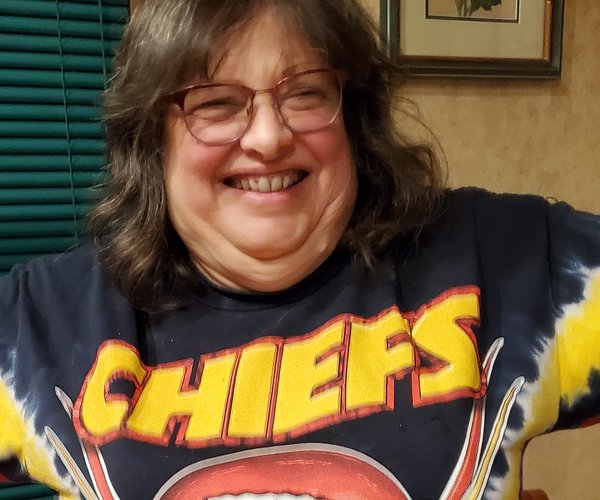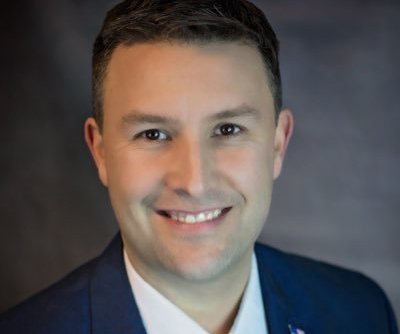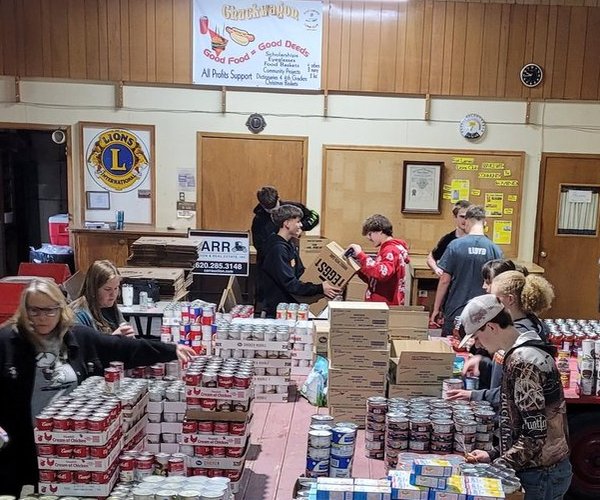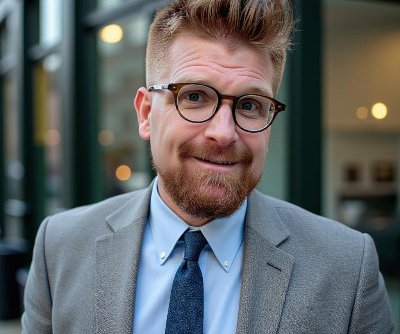This past weekend I attended the Sunday morning service at the Lecompton United Methodist Church with my mom. The Great Plains General Conference was going on, so the service featured a video message from the bishop, the Rev. Dr. David M. Wilson, a member of the Choctaw Nation.
He mentioned that it was unclear if church services would continue to be livestreamed on Facebook, because they might be removed “for content.”
Facebook wasn’t the Rev. Wilson’s main topic. He spoke of many cultures and mentioned the African Christian perspective of loving others, known as “Ubuntu.” It spotlights the humanness that is found in being with others, rather than pulling away to pursue self-interests. Likewise, Indigenous cultures look seven generations into the future as leaders consider major decisions.
The brief mention of Facebook left me to wonder what that was all about.
An article on Subspash explains “3 reasons Facebook & YouTube block church livestreaming.”
The number one reason listed is violating community standards or guidelines. “Facebook and YouTube community guidelines describe what kind of content is not allowed on their platforms. There are dozens of types of content that can be reported and restricted, including: Hate speech, Harmful or dangerous content, Deceptive practices & scams, Misinformation. Anyone who believes that your church’s livestreams, videos, or other content violates these standards can file a complaint. These reports are reviewed by moderators paid by Facebook and YouTube, who then decide whether to uphold the complaint or ignore it.”
Number 2 on the list was music copyright infringements. Number 3 was similar, as permission is needed for any type of copyrighted content.
Facebook livesteams have allowed congregations to expand their reach in a way that is easy and accessible. There are alternatives for livestreaming and there are agencies that provide tools and advice for using copyrighted materials.
As for Facebook posts in general, the Great Bend Tribune recently had a post removed from Facebook. I have no idea what we may have posted. The message I received was, “We removed your post ... It looks like you tried to get likes, follows, shares or video views in a misleading way. Your post goes against our Community Standards on spam.”
You can ask the community standards folks to review your content if you think a removal is unfair. You can click on such choices as “This post doesn’t break the rules,” “You misunderstood the post,” or “Posts like mine should be allowed.” The choice you don’t get, which I think would be helpful, is, “What post are you talking about? I can’t see it because you removed it.”
Back in April, one of my personal Facebook posts was removed from the Susan Thacker Facebook page. I think it was for violating community standards on cybersecurity. An alert said, “It looks like you tried to gather sensitive information, or shared malicious software.” I again wondered what I had done. I later read that an op-ed column published by the Kansas Reflector that criticized Meta was blocked for a time. After the column was published, all posts linking to the Kansas Reflector’s website were removed by Facebook. This action was later reversed and the company apologized, saying it was a mistake.
Dion Lefler wrote an editorial in the Wichita Eagle titled, “I don’t accept Facebook explanation of Kansas Reflector ban.” “The social media network spokesman apologized for deleting thousands of links, but phony right-wing rage posts proliferate on the platform.”
Now Dane Hicks with the Kansas Informer has written about his own tangles with Facebook. Read his column here.
When it was new, the internet was compared to the Wild West. Nowadays, there are communities and community standards on this frontier, but it’s still a wild place. Ironically, it’s the process of creating and imposing community standards that is creating much of the uproar.





